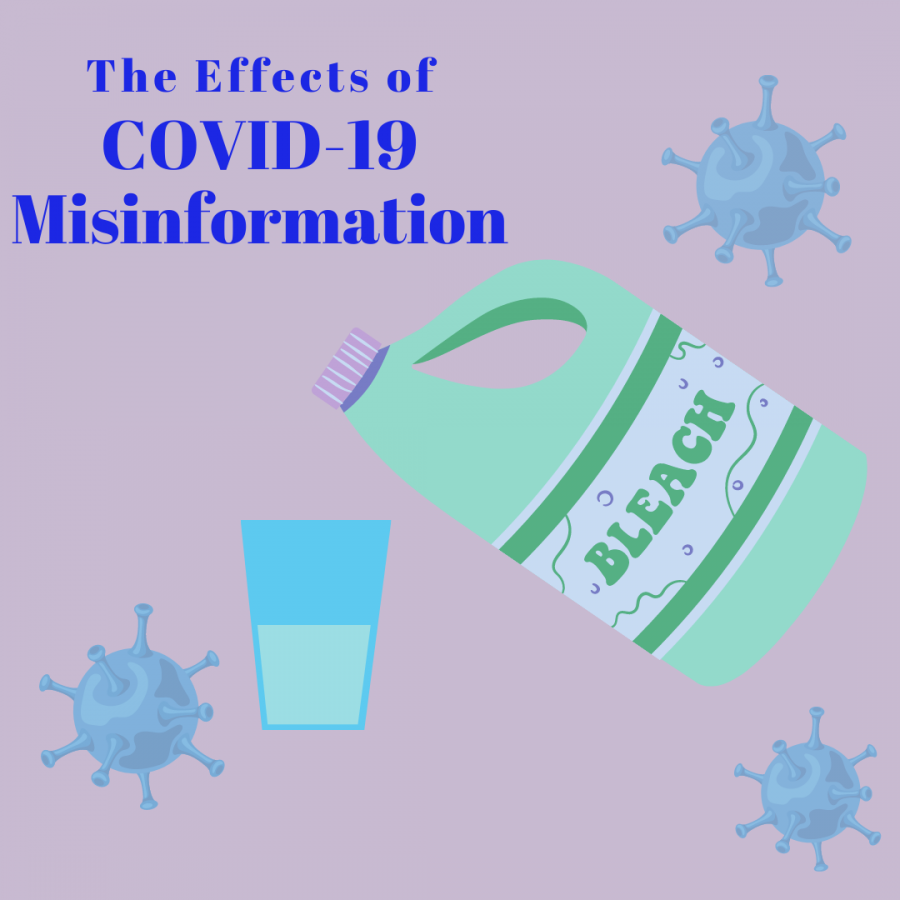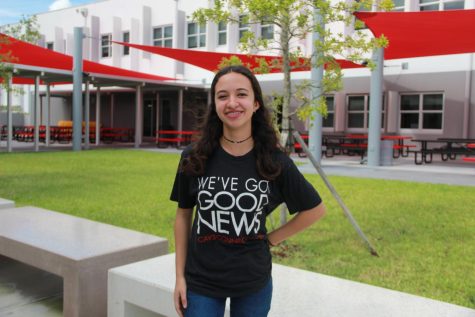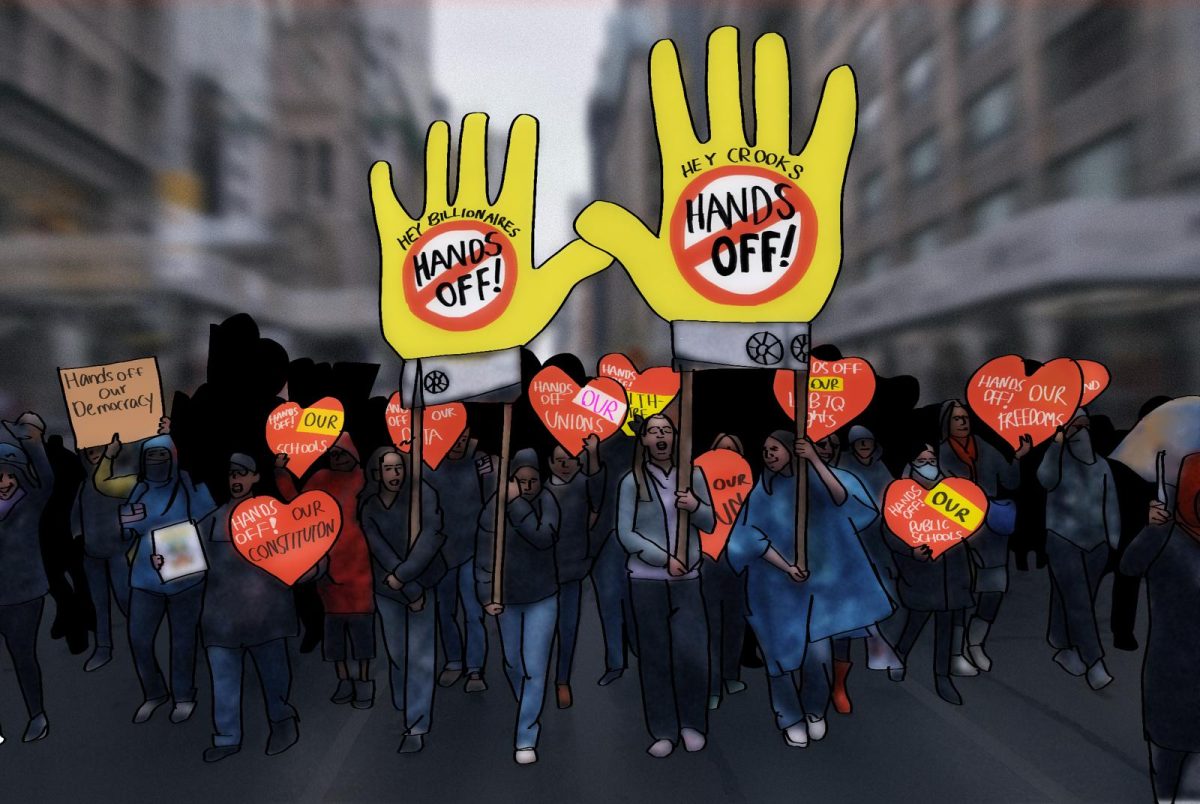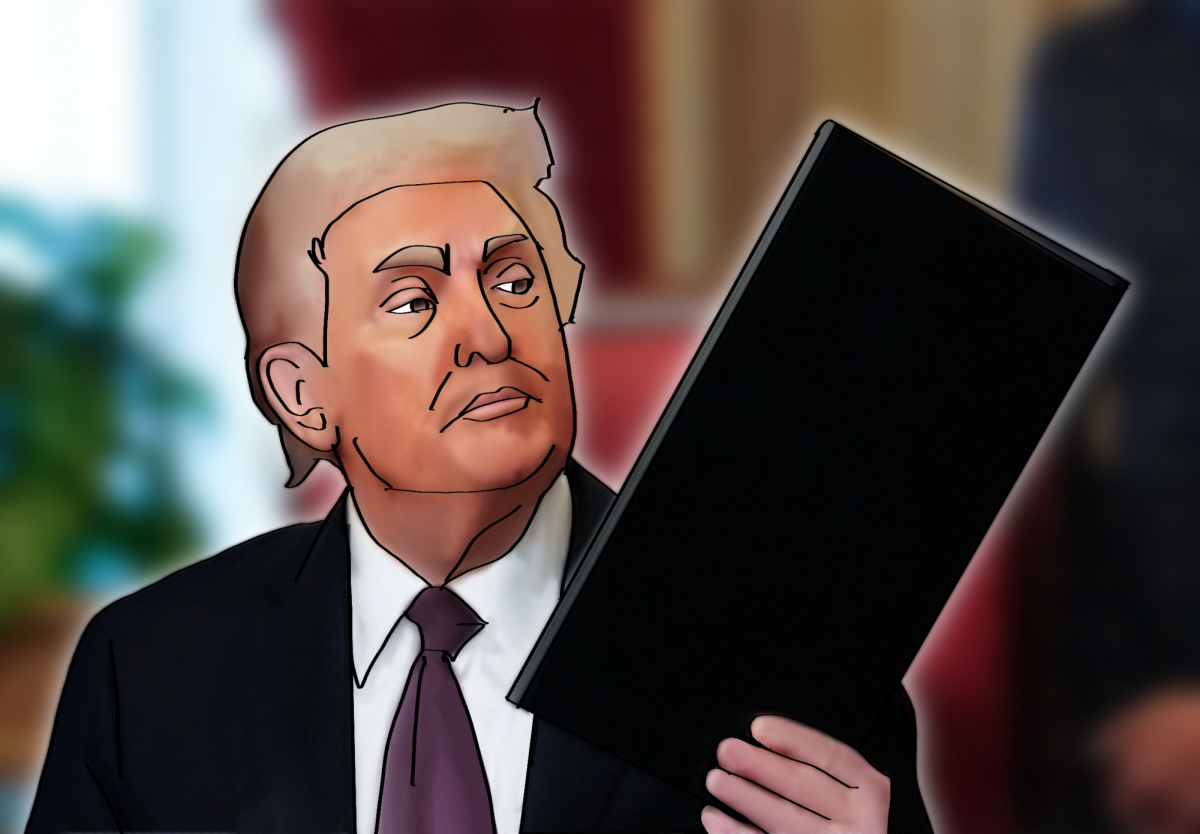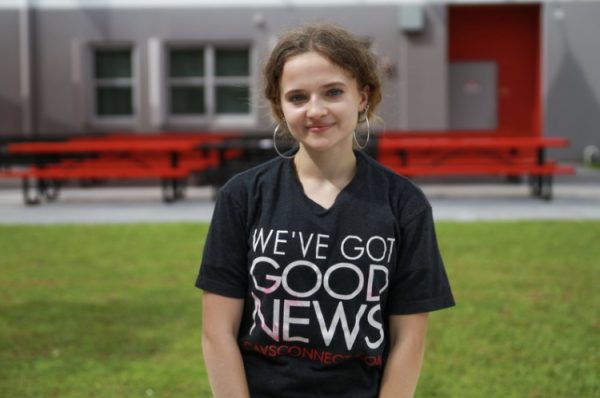The Top Three Effects of COVID-19 Misinformation
Bleach consumption was just one of many untrue and deadly suggestions for preventing the contraction of COVID-19.
Oct 9, 2020
Since the introduction of the Coronavirus in the United States, misinformation has spread at an alarming rate, especially due to the increasing influence of social media. From the modes of transmission to what precautions should be taken to prevent the spread, it seems as if no details of this disease have gone undebated. Some, including President Trump, have gone as far as denying the existence of COVID-19 entirely. This severe spread of false information has not occurred without consequences. Unfortunately, misinformation has led to an increased number of deaths, a divide in the country, and the prolongment of the pandemic.
Unknown to many, misinformation has spread among the American people regarding all aspects of this virus, much of it can be traced back to the president. The biggest myth concerning this virus is arguably that it does not exist at all. Other rumors circulating pertaining to this virus include the use of hydroxychloroquine as a cure, the injection of bleach as a cure, and drinking water every 15 minutes to prevent contraction of the illness among many others. Not only have there been myths spreading, but there has also been a struggle with lack of information, for example, information pertaining to aerosol spread.
The primary effect of this misinformation has been an increased number of deaths, many of which could have been prevented. Unproven “cures” for the coronavirus can lead to deaths, both indirectly and directly. These misinformed individuals are likely to put a lot of faith in the miracle cures they are exposed to and when this happens, they often begin to ignore the scientifically proven guidelines for preventing the spread of the disease.
This puts not only them but those around them at a greater risk of becoming ill. For example, someone who believes they are magically immune to the virus because of a certain miracle cure might not wear a mask and become asymptomatically ill. Then, they may spread the disease to their family or even a stranger when they are not wearing a mask. In some cases, the “magic preventative measure” may be directly life-threatening. Earlier this year, one man died from taking hydroxychloroquine in hopes of keeping himself safe from COVID-19. Another deadly suggestion was that injecting a substance similar to bleach could prevent one from acquiring the disease.
“Injecting yourself with bleach doesn’t kill the virus and masks prevent respiratory droplets from spreading. False information makes the situation more unsafe and is an injustice to the public,” sophomore Emma Wolman said.
Misinformation also creates division as disputes occur between those following scientifically-proven guidelines, those following unproven guidelines and those who do not believe in the pandemic entirely.
This disparity is especially problematic at such a confusing time when a clear and working path to eliminating the virus is yet to be found. Disputes on what is true and what is not only further complicate the process for finding a solution. As some urge reopening and others call for a longer shutdown, it is unclear what measures can and should be taken to ensure the well-being of the American people. The lack of a clear decision just draws the process out for even longer.
“It’s unfortunate how easily untrue information is spread and believed by people. It just makes the whole situation so much worse,” sophomore Victoria Krulig said.
Finally, the spread of and adherence to untrue information means the pandemic and all the precautions that come with it are in effect for longer. Certain people’s compliance with faulty suggestions means prevention of deaths and of an official decision of what will be done unfortunately makes a return to normalcy unsafe. As quarantine and this new way of living goes on for longer and longer, a significant toll has been taken on society. Many have struggled with their mental health with what has become the new normal, domestic violence cases have risen, the economy was hurt as many businesses were closed for so long and even though many are now open, operations are still limited, and unemployment rates are high.
All in all, misinformation has made handling the pandemic much more difficult and elongated the entire process. The problems caused by misinformation just go to show how crucial it is to stay informed and only adhere to scientifically proven information, especially in these unprecedented times.


